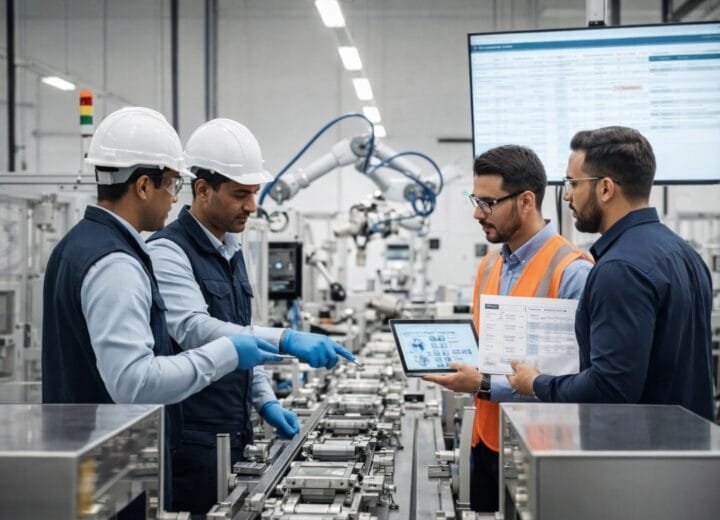SMEs are the backbone of any country’s economy. In a study done by an international research organization, SMEs constitute more than 50 percent of the global employment and 90 percent of the global trade and commerce. The development and growth of SMEs play an influential factor in the global economy and any country’s GDP. Lean and related practices can contribute drastically towards this objective especially on the financial side.
Many people believe that lean and its practices are more suitable for big corporates and companies in the manufacturing sector. However, it is a myth! Lean and its tools and techniques can ring a drastic change in SMEs as well. In fact, with lean, SMEs can fathom big opportunities that will ultimately add to the growth of the company and involved team members and individuals.
LEAN transformations and its results in terms of financial performance in SMEs
The majority of managers of SMEs come out to be very firm and rigid on their stand to avoid lean and its practices in their organization and work culture. However, in a research, it was found that SMEs practicing lean practices outperform their competitors by a pretty huge margin. The research was analyzed on the below two factors –
- EBITDA (Earnings Before Interests, Taxes, Depreciation and Amortization)
- ROIC (Return On Investment Capital)
The research concluded that though the non-lean practicing companies perform better than lean practicing companies in the first couple of years, the lean companies heavily outperform their competitors after the first three years of practicing lean.
It was noted that EBITDA margins improved from 11 percent after three years to 50 percent after seven years. Also, ROIC improved from 4 percent in the first year to 148 percent after the seventh year.
There is always a time lag between the adaption of the lean manufacturing practices and the financial performance improvements of the organization. Two main reasons for this time lag are as follows:
- Operational Issues– The initial negative effects and operational difficulties that the lean practices might have on business processes include layout changes in the plant, redefining the work standards, changes in the production planning and other processes etc.
- Financial issues – Lean transformation journey starts with the objective of waste elimination and reduction in the variability of the processes. This might have financial impacts like the freed-up resources might be used for other processes but not in reality due to resistance by the employees and technology constraints.
In any case, the impact of lean and other improvement initiatives is not immediate on the balance state and the profit and loss statement of the organization. However, it becomes visible over a period. The impact depends on other factors like strategic decisions by the management, engagement of the employees in the transformation journey and the sustainability initiatives by the organization.
Lean and its practices are known to create opportunities for the organizations. It has been observed that lean creates a positive impact on the income statements that define the financial activities of any organization in any sector or industry. It ponders growth and development and can assist the organizations in creating a more optimized and suitable environment for their operations.
So let us make lean a habit and build muscles of the organization and burn fats (non-value adding activities) and emerge stronger than yesterday.
Team Faber Infinite Creative Solutions have helped various SMEs across different industries in various regions in implementing lean and its practices efficiently and ultimately improving on their processes and controls thus benefitting financially. Moreover, we have also assisted organizations in maximizing the output from such practices thus moving forward towards continual and sustainable development. For more information, contact us at consulting@faberinfinite.com
Written & Compiled By Faber Kishlay & Faber Mayuri




